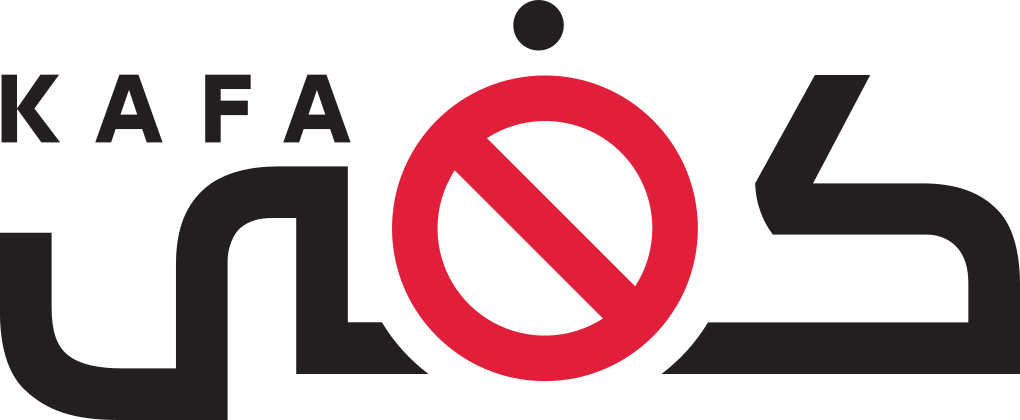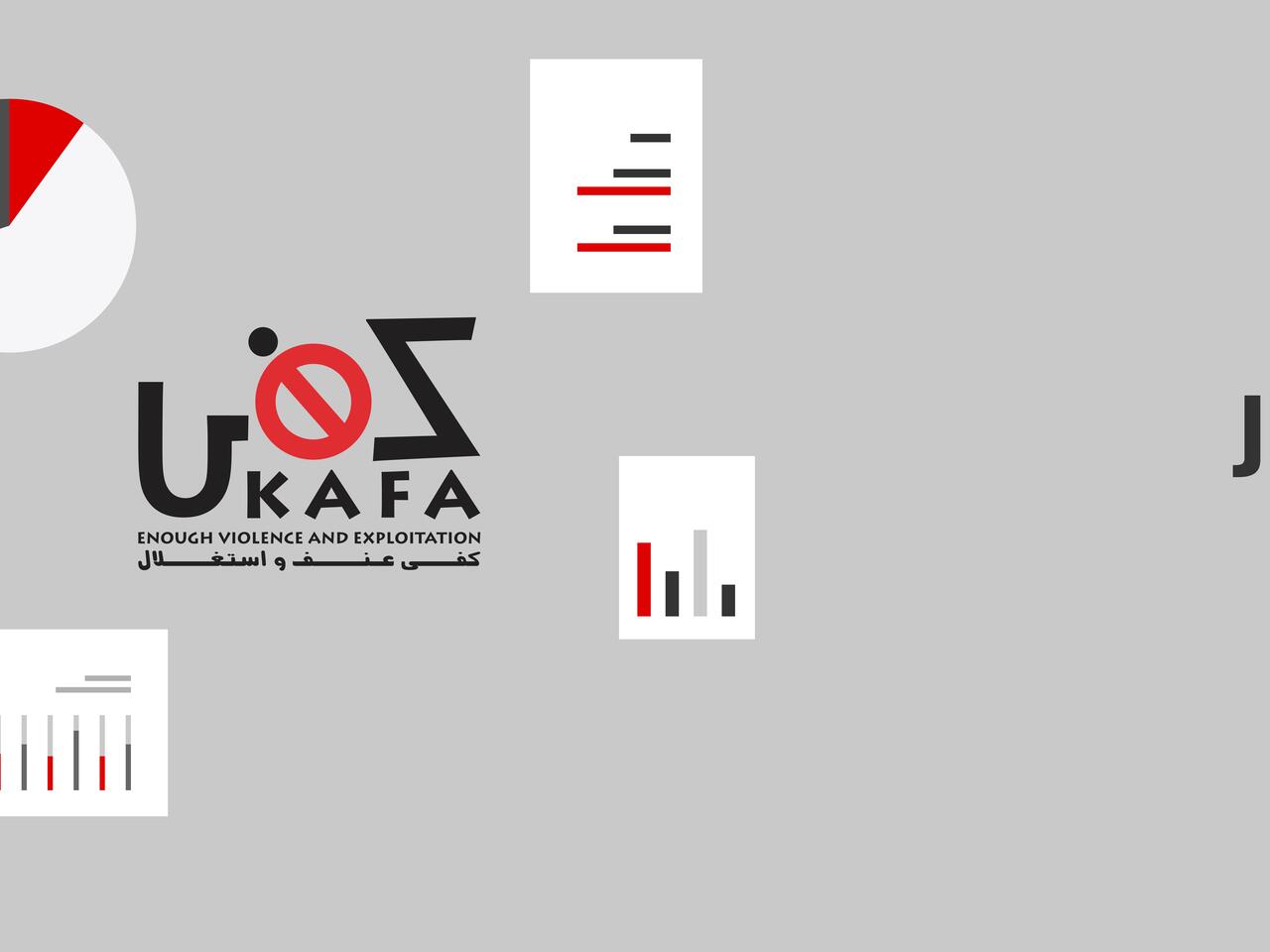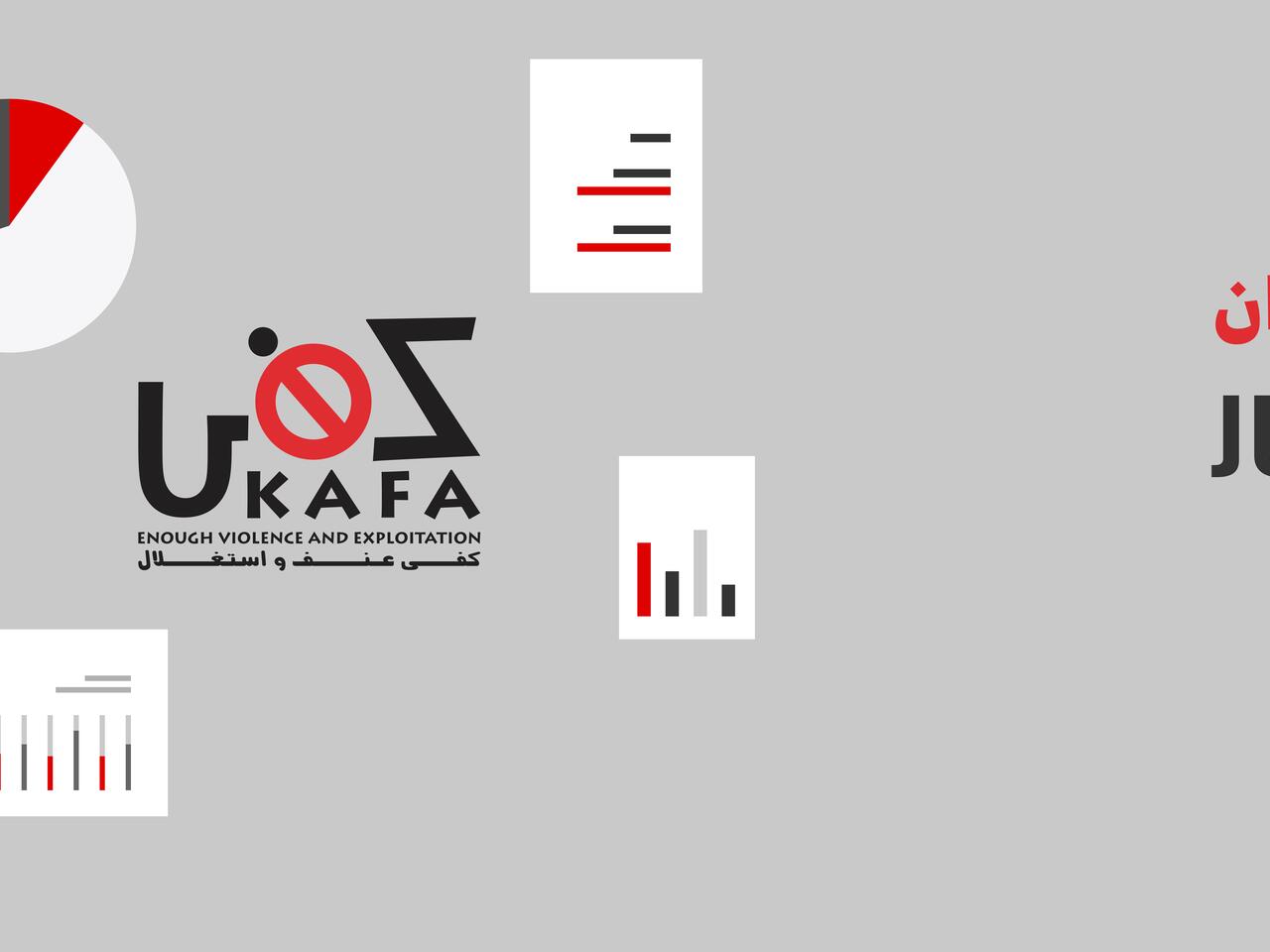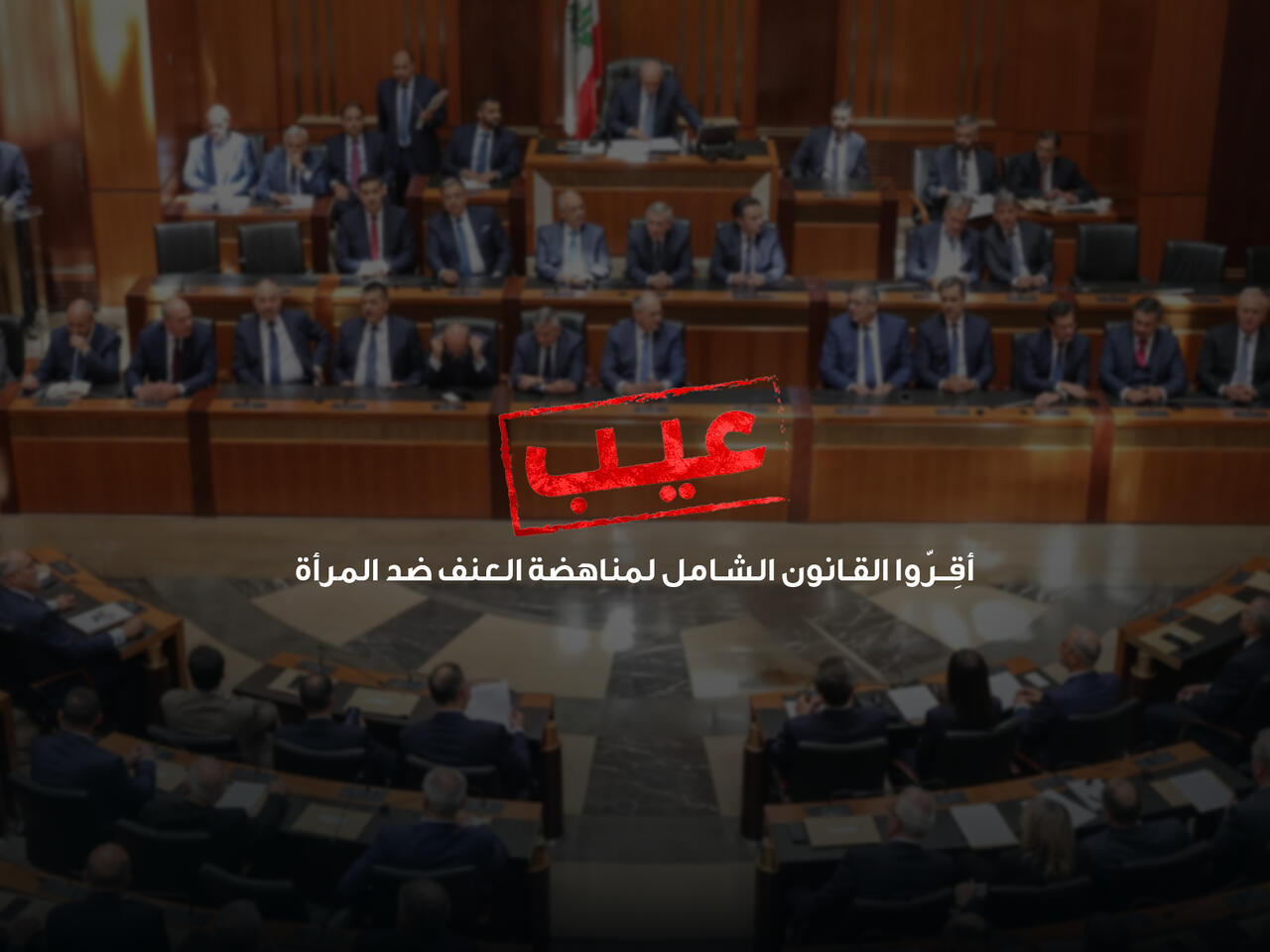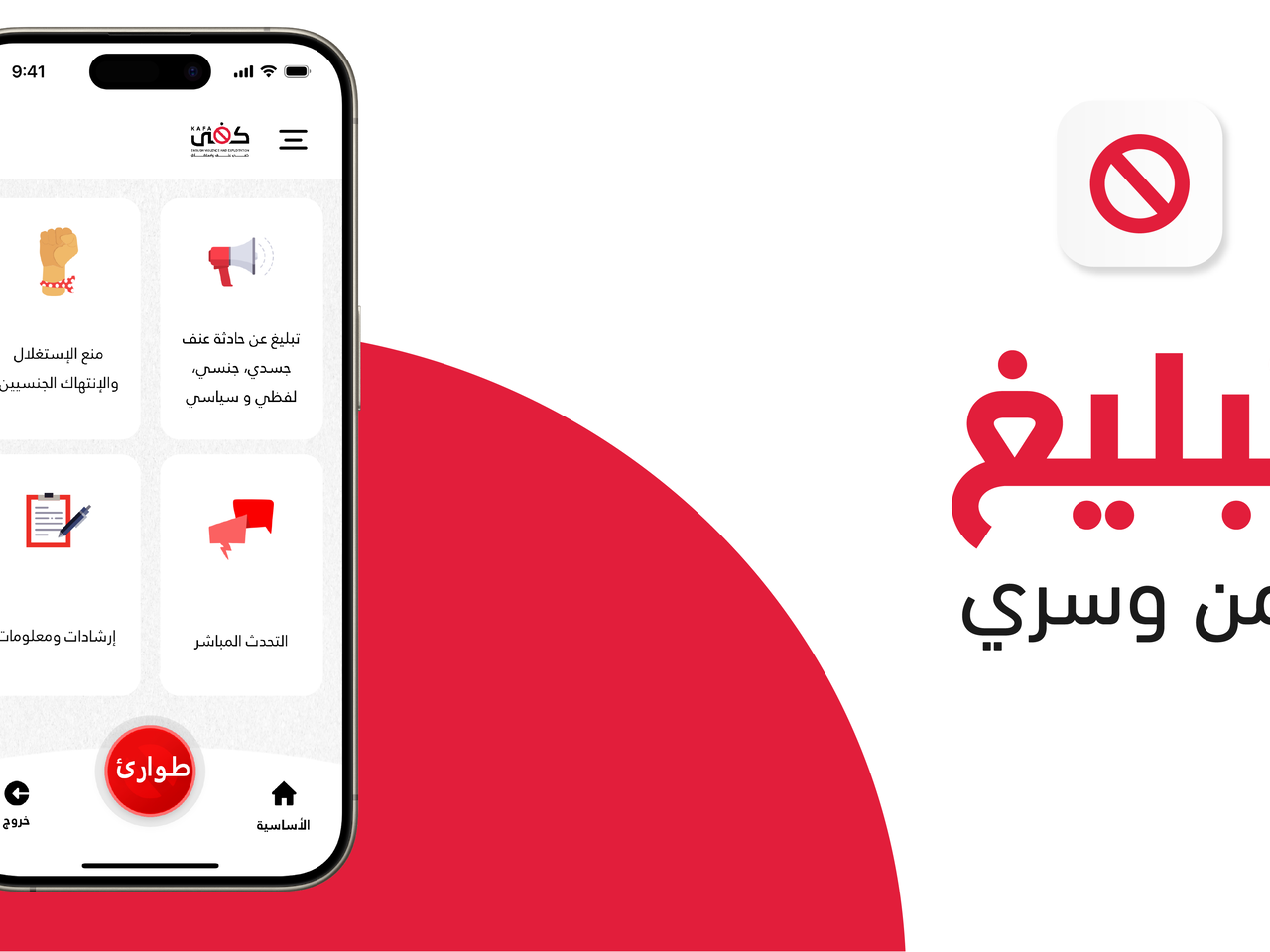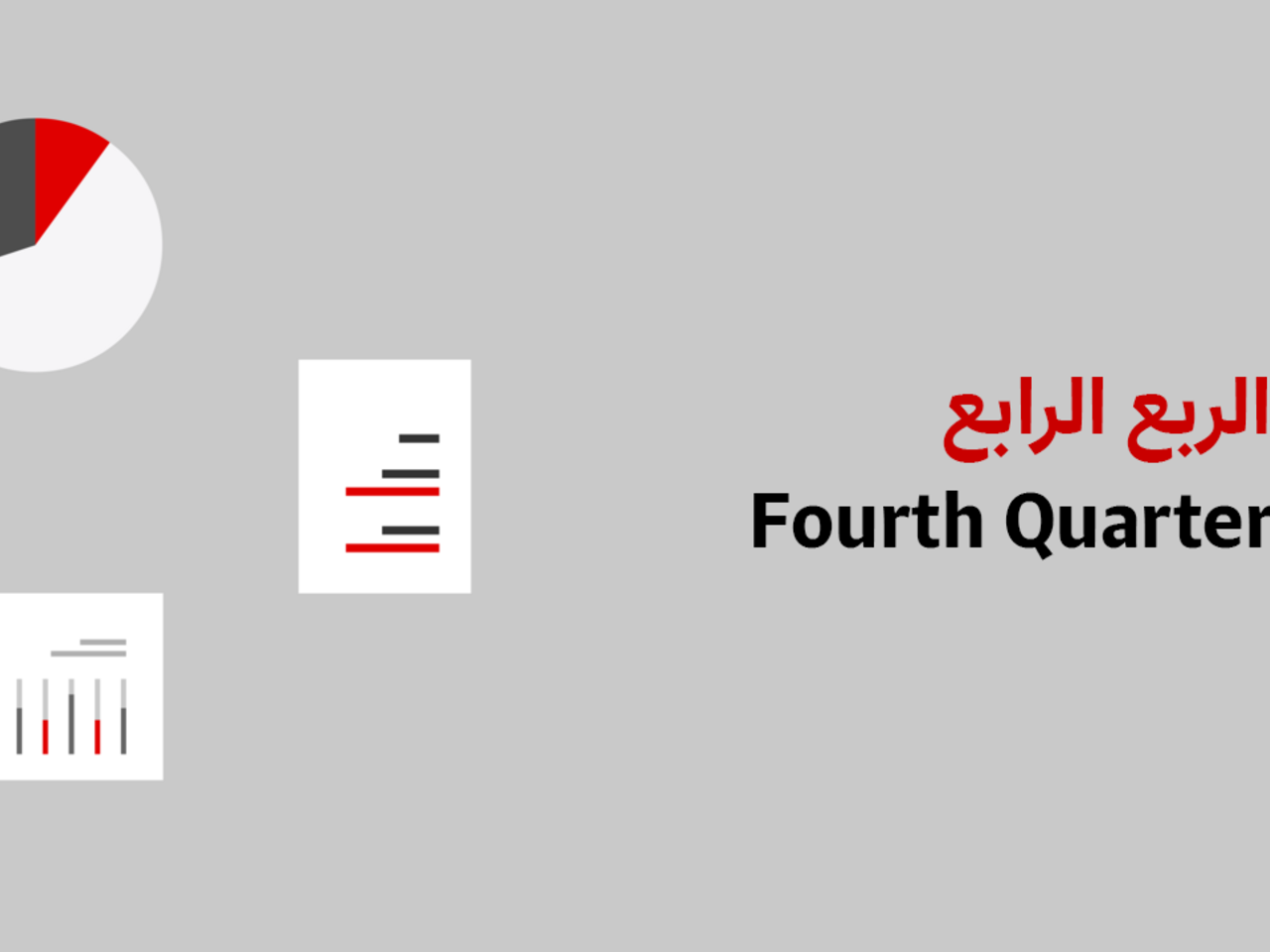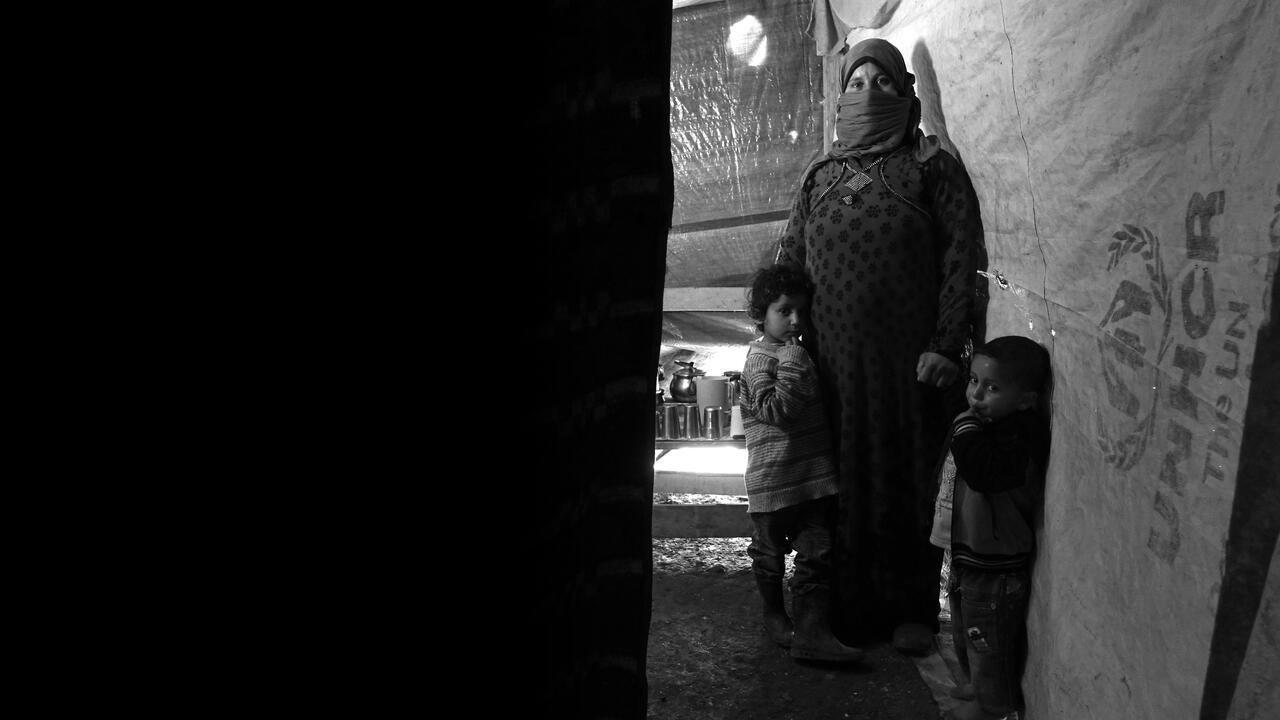
By Talal Khoury
Syrian Women in Bekaa Fear Hunger and Disease, Dread the Future and Keep Silent about Violence
“They look at us like we were the Virus itself.”
Those were the words of a Syrian woman during one of the weekly social support sessions that Kafa has been organizing for the past three weeks via WhatsApp. The sessions are attended by 142 Syrian women from 65 camps in Northern Bekaa.
The general situation
Ever since the beginning of the spread of Coronavirus, municipalities in Northern Bekaa have taken a number of measures, many arbitrary, regarding Syrian refugees.
Some municipalities imposed a total curfew on refugees, forbidding them from leaving the camps, even to withdraw financial aids with their cards.
Whenever they are allowed to leave camps, they can only do so on certain conditions. “We went out to buy vegetables and some groceries from outside our area. When we came back, there was a municipality checkpoint. They searched our car and threw out all what we had bought from outside the village, but groceries in the village are too expensive for us to buy”, says a woman. Another woman also testifies: “Yesterday, my husband went to buy two bags of sugar, they threw them away at the municipality checkpoint. I really don’t know what to say.”
Furthermore, most municipalities did not go through with the disinfection of Syrian refugee camps, under the pretext that it is the UN’s job to do so, “but the UN still hasn’t disinfected the camps”.
Most families in camps suffer from very difficult living conditions due to forced unemployment, the inability to withdraw financial aids ‒ as previously mentioned ‒ as well as the surreal surge of food prices.
“We will die from hunger, if not from Corona”, says one of the participants.
The activity of organizations active in Bekaa has slowed down after the start of confinement, almost a month ago. During the sessions with Kafa, women explained that only one international organization had given a bar of soap to each person ant that was it. No masks were distributed, and no basic products such as milk.
One of the women sums it up: “We all face the same issue: we fear hunger, we fear the virus and we fear for our future.”
The impact of the general situation on family relations
Women who took part in the social support sessions used to work in agriculture and food harvesting. Ever since the beginning of the Coronavirus spread, all this has stopped. Their work, even with the hardship and risk of exploitation it entailed, was sort of an escape to them. It has now been a month that they have no work, no money, and live in permanent fear.
All women agreed that they take it out on their children, who are also forbidden from going out, playing and liberating their energy. “We are under high pressure because of how hard life is for us, and we take it out on the children.”
Some women noted that many others are beaten by the man of house. They are also bullied by their environment for having a different nationality. “Because we live in camps, we became the Virus.”
The ability to report violence
Before the spread of the Coronavirus, the number of Syrian women who used to contact the Kafa center in Bekaa or call the hotline used to constitute 45% of the total number of women who contacted the center.
However, during the social support sessions on WhatsApp, talking about the violence to which women are subjected became rare and very general. Furthermore, the number of Syrian women contacting the Kafa center dropped under 45%. Since the first of April, only 6 Syrian women, out of a total of 22, have contacted Kafa. Most of them reported being victims of sexual violence from someone outside the family, and the rest reported violence from their husband. These calls were made through an organization or by women living outside of the camps in relatively different conditions*.
This comes to show the fear, solitude and isolation in which women live inside the camps. They are incapable of going out to withdraw money, to buy food or to go to the pharmacy, let alone to report violence.
“I feel a great deal of relief talking to you, even if I know you can’t come. But at least you’re talking to us. Foreigners have to take whatever they can get.”
Recommendations
However, communication alone is not enough.
Taking decisive measures for the public good is necessary, but this does not mean letting some municipalities take discretionary and arbitrary measures, and allowing racist and unjust reactions to pass without accountability.
It is also necessary to intensify the efforts of international and local organizations working in Bekaa to provide the required support and secure the distribution of basic needs to Syrian families, which include, according to Kafa’s survey: food, disinfectants, medicine, masks, milk and diapers. It is also necessary to secure access to health services, supply the camps with clean water and work on repairing sanitation to prevent the transmission of diseases as well as securing financial aids.
On this level, KAFA is working on networking with organizations working in Bekaa, thus contributing to reducing the impact of Coronavirus and violence.
Kafa also encourages Syrian women to report violence on the Internal Security Forces’ hotline 1745 or to resort to the Court of Urgent Matters to submit a request for protection, and to contact Kafa through its support line 03-018019. Indeed, it is the duty of the State to protect all residents on its territory. Through our experience in treating the cases of women victims of violence in time of confinement, we have noticed that public prosecutors specialized in following up complaints of domestic violence show more indulgence regarding the residence permit whenever cases of violence occur, and do not take measures to cancel the permit.
We will continue to monitor the way Internal Security Forces deal with the complaints of Syrian women upon their arrival, and we will continue to provide these women with psychosocial support during this period. Protecting women should be a priority.
* It is known that violence and sexual exploitation of women, especially those who live in precarious situations, significantly increase in times of crisis. We will further develop this point in upcoming reports.
Translated from Arabic by Work With Words
